Weathering catastrophic storms: the science and philosophy of hurricane prediction
The science of predicting hurricanes is crucial for disaster management and insurance, but also raises difficult methodological and philosophical questions. In this post, Joe Roussos asks whether hurricane modellers should average the results from different models of hurricane frequency.




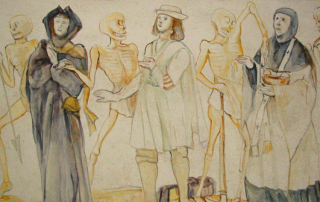

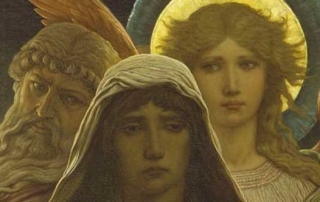


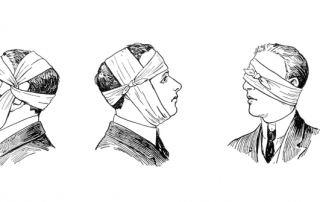
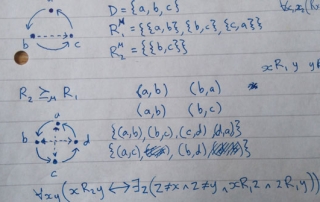
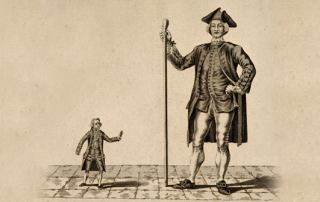
Connect with us
Facebook
Twitter
Youtube
Flickr